If I have a nullable Boolean b, I can do the following comparison in Java:
Boolean b = ...;
if (b != null && b) {
/* Do something */
} else {
/* Do something else */
}
In Kotlin, I can achieve the same by using the !! operator:
val b: Boolean? = ...
if (b != null && b!!) {
/* Do something */
} else {
/* Do something else */
}
However, the use of !! feels a bit sketchy to me, circumventing the null safety system.
Is there a more elegant approach for this?
Edit It seems I oversimplicated a bit. For local variables, as Banthar shows, it does work. However, my Boolean b is actually a "property with a backing field" (I'm not really up to speed yet what this imposes). This is the result:
